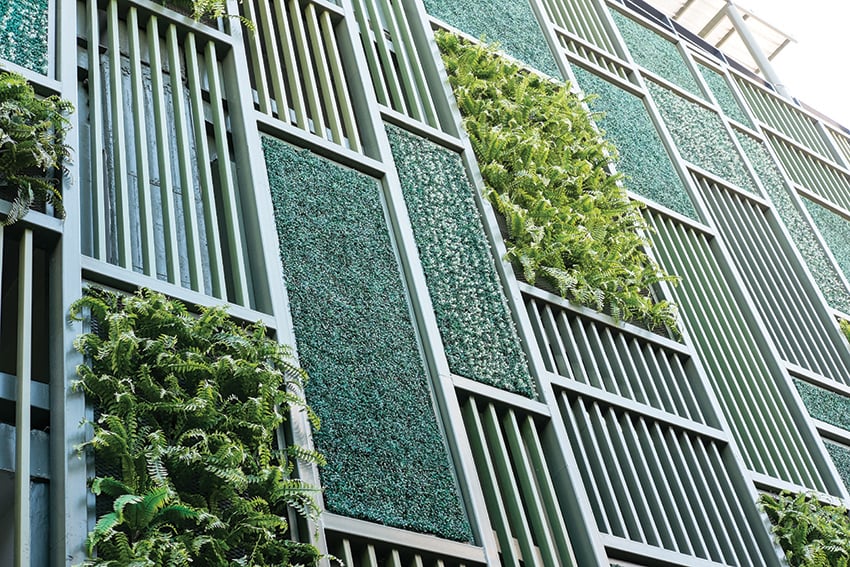What is a “biobank”?
A biobank is a structure used to store and make available human body material that is intended exclusively for scientific research and under no circumstances for human applications.
The notion of “human body material″ is defined as any human biological material, including human tissues and cells, gametes, embryos, foetuses, as well as substances derived therefrom, regardless the degree of their transformation.
When does a biobank have to register with the Federal Agency for Medicines and Health Products?
As from 1 November 2018, in application of the Royal Decree, biobanks will have the obligation to register with the Federal Agency for Medicines and Health Products (FAMHP).
The mere storing of human body material does however not automatically entail such obligation. For example, in the framework of ongoing scientific research, the temporary storage of human body material does not entail the obligation to notify. An agreement (or framework agreement) must nevertheless still be entered into with a biobank for the use of human body material obtained for this ongoing research (within a defined time frame or for a specific purpose). In the case where human body material is stored for future research for which there is no agreement with a biobank, then the obligation to notify oneself as a biobank is triggered.
If you have incorporated your biobank after 5 February 2018 (i.e. date of publication of the Royal Decree in the Belgian Gazette), the registration with the FAMHP must be done before any human body material can be collected.
For biobanks that were established before 5 February 2018, the Royal Decree provides a six month transitional period after its entry into force. Concretely, this means that the notification to the FAMHP must be done before 1st May 2019. If not, the biobank’s activities need to be suspended and the human body material has to be destroyed or transferred to another biobank. In other worlds, an "existing" biobank that has not yet been registered can still provide human body material until 1st May 2019.
How to register a biobank?
The notification process is described in the Royal Decree. A notification form (annex I of the Royal Decree) and several other documents must be provided to the FAMHP by registered letter (e.g. the plan of the premises of the biobank, the opinion of the ethics committee, the biobank manager’s diploma (doctor/pharmacist)).
The FAMHP then examines whether the application is complete or not:
- If it is not, the applicant is informed within 15 days after receipt of the application and should complete it or correct it within 15 days after being informed. If the applicant does not complete its application within this timeframe, the notification is inadmissible. Should the FAMHP consider that the file is still incomplete after the applicant has responded within 15 days, the FAMHP will inform the applicant thereof and a new 15 day period will begin.
- If the FAMHP finds that the application file is complete, it shall inform the person who submitted the file within 15 days that the biobank has been validly notified;
- In the absence of a response from the FAMHP within 15 days, the biobank is automatically considered as notified.
Written agreement
Each provision of human body material by a biobank, whether the human body material is transferred to another biobank or to a third party, is subject to a written agreement with the person or institution receiving the material. The Royal Decree describes the content of the such agreement. In some cases, a framework agreement can be established.
The Royal Decree also provides other rules relating to donor encoding, donor consent, traceability, as well as the frequency with which the biobank should report to the ethics committee and under what conditions the ethics committee can amend or withdraw its opinion.






